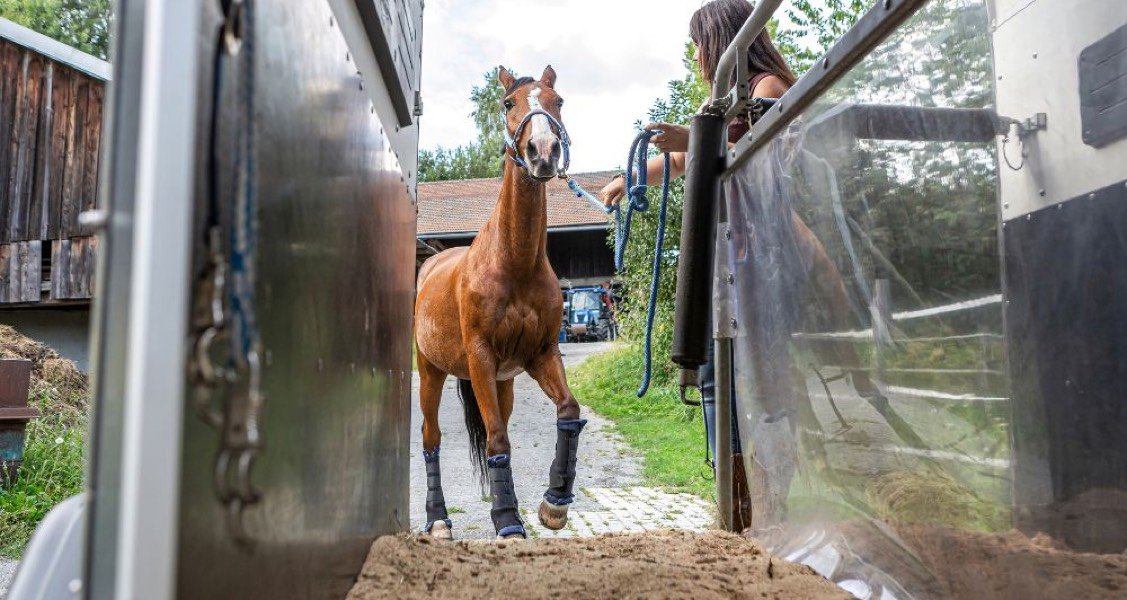Transporting horses is an inevitable part of equine care, whether it’s for competitions, veterinary visits, or relocating to a new home. However, transport can be a stressful experience for your horse if you do not take the proper measures. The right preparation and care can ensure a smoother, safer, and more comfortable trip. Below are four practical tips to reduce stress for your horse while on the road.
Keep Your Trailer Clean and Safe
The environment inside your trailer plays a critical role in reducing stress for your horse. Before every trip, remove dirt, manure, and leftover bedding from the trailer to minimize exposure to harmful bacteria and maintain an odor-free space.
Additionally, inspect the trailer for potential hazards like damaged latches, roof leaks, or weakened flooring. Regular maintenance and thorough cleaning help ensure your horse travels in optimal conditions. Ensuring a secure journey in a livestock trailer starts with creating a safe and clean environment that your horse feels comfortable in.
Take Regular Breaks
Long journeys can take a toll on your horse physically and mentally. To prevent stress and fatigue, plan for regular stops along your route. A break every three to four hours allows them to use the bathroom and relax, and reduces the strain of standing in a confined space for too long.
During these stops, check on your horse to ensure they are calm and comfortable. Giving them time to rest supports their physical needs and helps prevent travel-related issues such as muscle stiffness.
Ensure Proper Hydration
Dehydration can quickly lead to stress and serious health concerns during transport, including impaction colic, heat stress, and digestive upset. Before starting your trip, ensure your horse is adequately hydrated, and bring enough water to last the entire trip, factoring in stops.
It’s also important to offer electrolytes in the horse’s water to replace any nutrients lost during travel. Regularly offer water during breaks to ensure your horse stays hydrated and healthy while on the move.
Allow Them To Keep Their Heads Down
Horses naturally lower their heads to clear their airways, expel dust, and maintain respiratory health. Long periods of travel in which they can’t perform this action can lead to respiratory discomfort or infections. Make sure your trailer’s design allows your horse to comfortably lower its head during transport.
This reduces respiratory stress, creating a more comfortable travel experience. Giving them the ability to keep their heads down promotes their well-being during long drives and ensures they arrive at their destination healthy and relaxed.
Reducing stress for your horse during transport is all about preparation and attentiveness. By prioritizing your horse’s comfort, safety, and health, you can make the experience much smoother for both of you. Every step you take to reduce your horse’s stress builds trust and makes future trips smoother. Start planning your next ride with these practical tips to ensure you’re always putting your horse’s health and happiness first.








